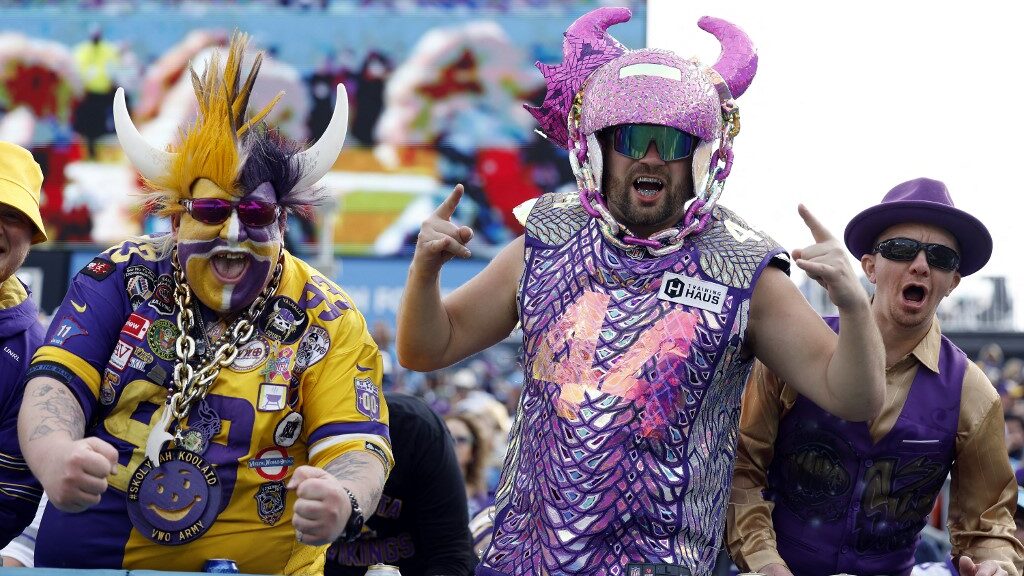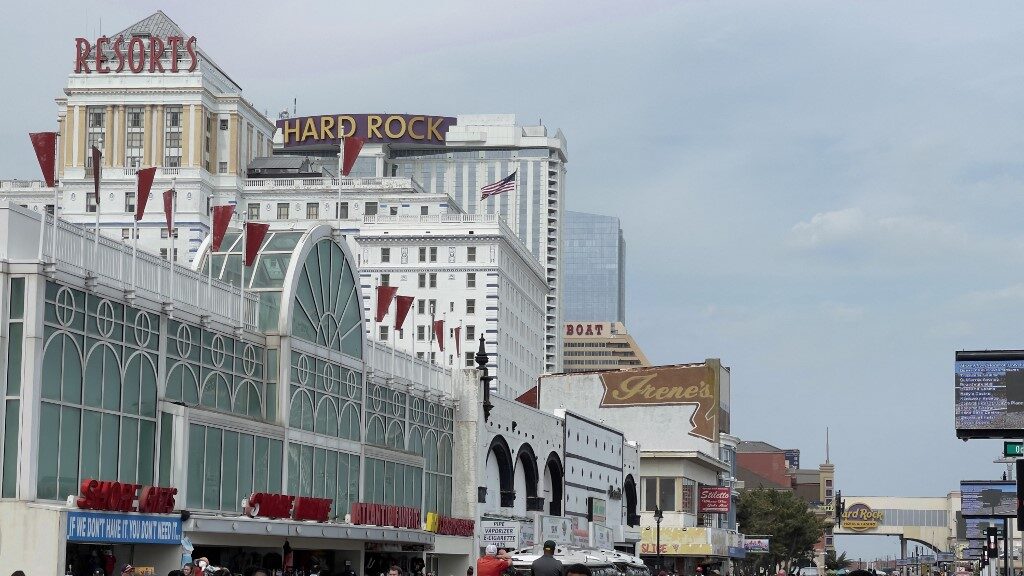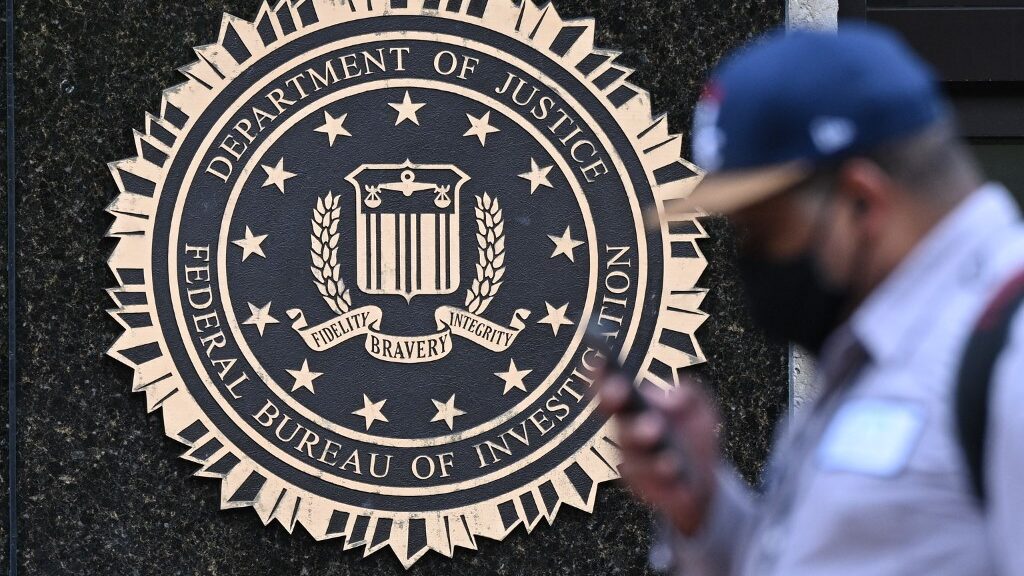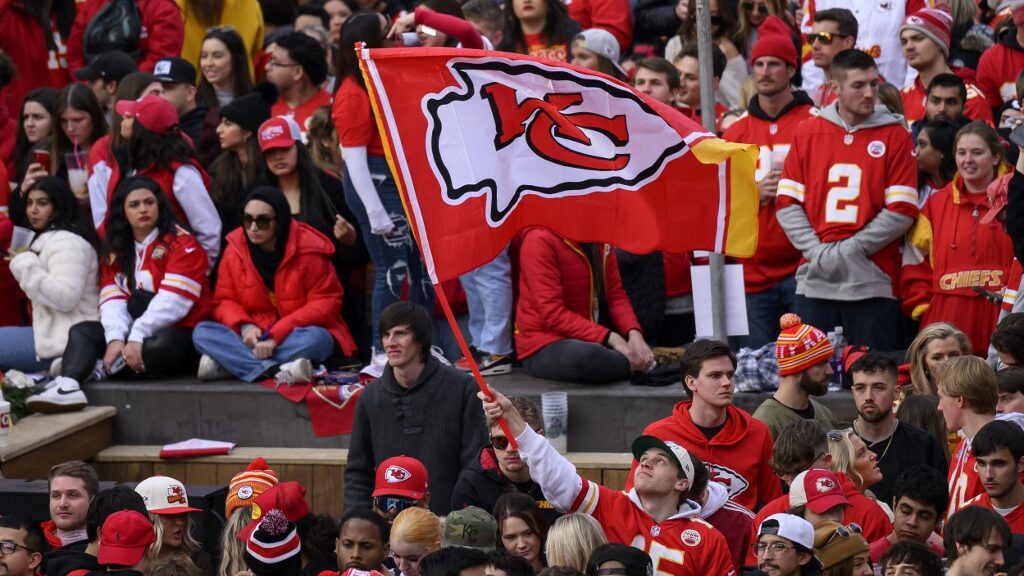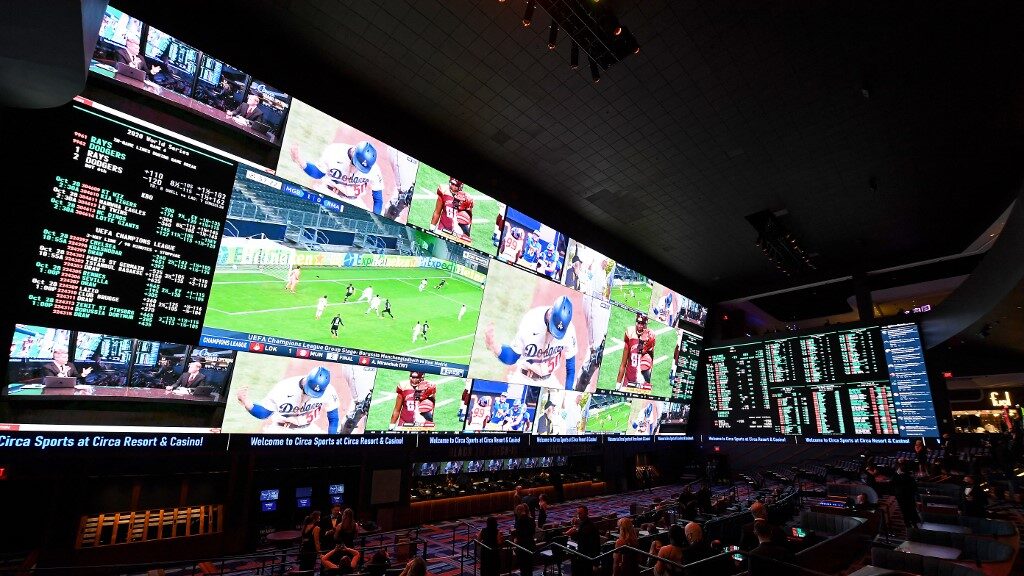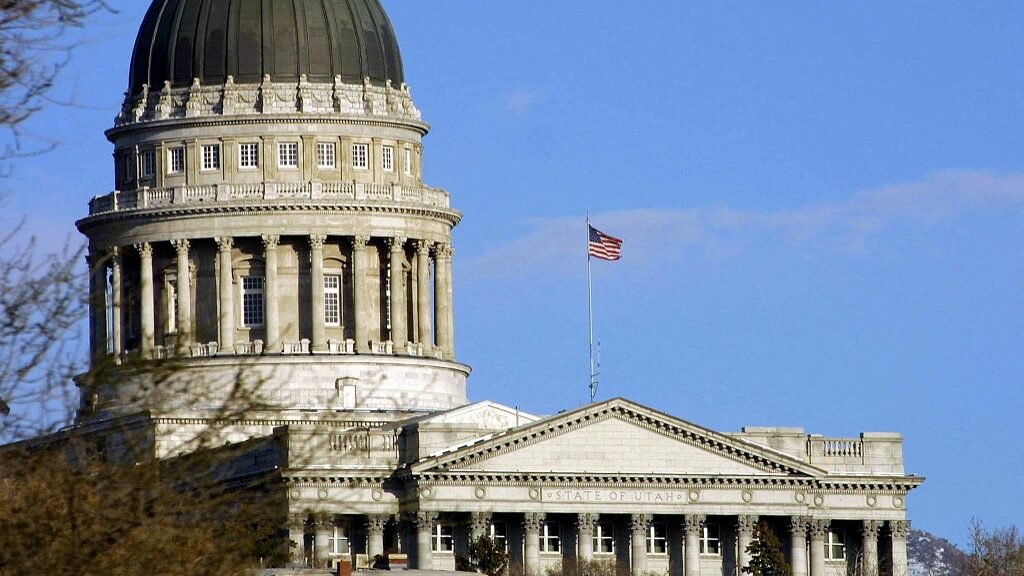
House Joint Resolution 24, introduced by Rep. Kera Birkeland to bring the lottery to Utah, failed to advance to the House floor after its filing.
The proposed bill would have paved the way for the Beehive State Legislature to establish a state-run lottery. It required a two-thirds majority approval from both the House and Senate, along with public endorsement in the upcoming November elections. However, it never even made it to the first step. Birkeland had expressed her intent to utilize the lottery tax revenue to alleviate property taxes for senior Utah residents on fixed incomes, however, that won’t be happening for the time being.
She has publicly stated that Utah residents spend more than $200 million annually on lottery tickets outside the state.
House Speaker Supported Utah Lottery Bill
Despite having the support from House Speaker Mike Schultz the Senate’s Republican leaders hinted that the bill might not pass.
Utah has had a constitutional prohibition on lotteries and all “games of chance” since statehood. It’s currently one of just five states — Alabama, Alaska, Hawaii, and Nevada being the others — that do not have a lottery.
Biggest Utah Lottery Opponent
Utah’s state constitution has long prohibited “games of chance,” and most lawmakers appear intent on keeping it that way.
In recent years, the state government has even taken measures to crack down on fringe gambling — or operations that attempt to skirt the state’s rules by offering entries into sweepstakes-style games or the use of electronic slot-like machines “in exchange for anything of value or incident to the purchase of another good or service,” as defined by Utah code. Four years ago, Utah lawmakers even introduced a bill to close loopholes that led to confusion over the legality of such games.
Just last month, however, Utah Rep. Kera Birkeland (R) submitted a proposal that would have allowed voters to decide whether to amend the state constitution to legalize a state-run lottery. The plan faced an uphill battle, though, and will probably continue to be like that. The Church of Jesus Christ of Latter-day Saints, which is headquartered in Salt Lake City, frowns upon any form of gambling and encourages its members to oppose “legalization and government sponsorship of any form of gambling.”
A large percentage of the state’s population, too, is made up of residents who identify as members of the church of Latter-day Saints. The number of Mormon residents is reportedly dropping. A recent study still puts the state’s percentage at approximately 42%. LDS members also generally make up majorities of the state’s legislative bodies as well, the Salt Lake City Tribune has previously reported.
What’s the Future Hold for a Lottery in Utah?
Despite Governor Spencer Cox humorously suggesting that Utah residents might drive to Idaho to participate in the lottery during his State of the State address last month, he hinted at the improbability of Utah passing a lottery. In a December news conference, he referred to lotteries and gambling as ‘taxes on those who struggle with math.’”
In the end, Birkeland expressed her primary interest in offering property tax reductions to the people of Utah. She stated that if the Legislature is against it, she accepts that, but then questioned what their alternative plan would be to lower property tax. Only time will tell. Birkeland has yet to comment on wether she will try again for the legislative session of 2025.


